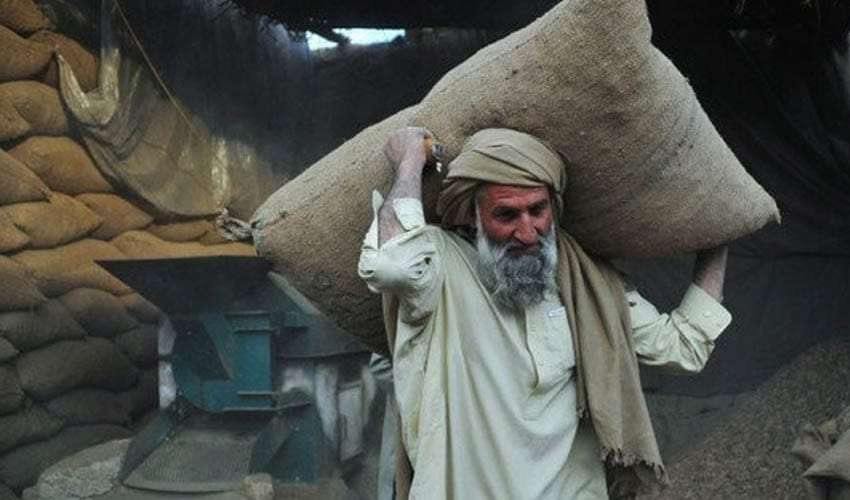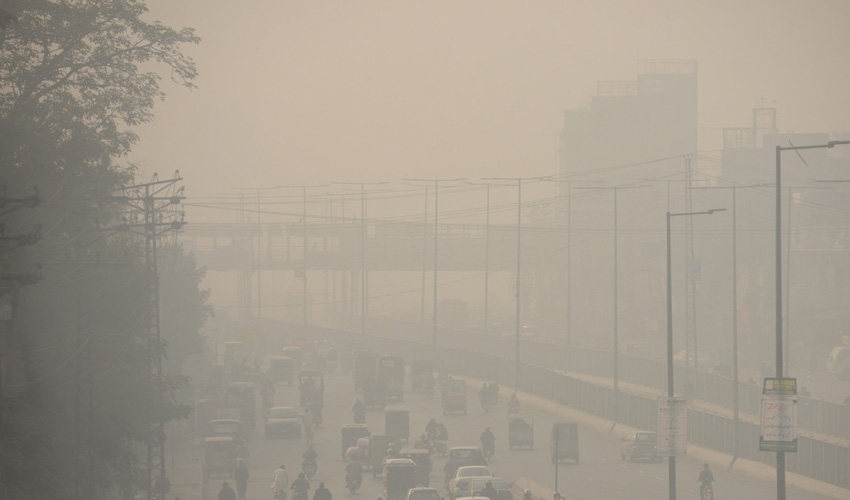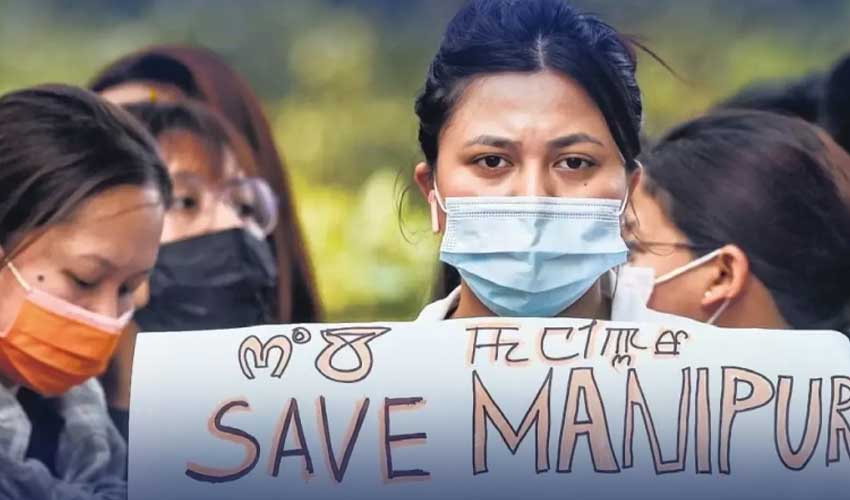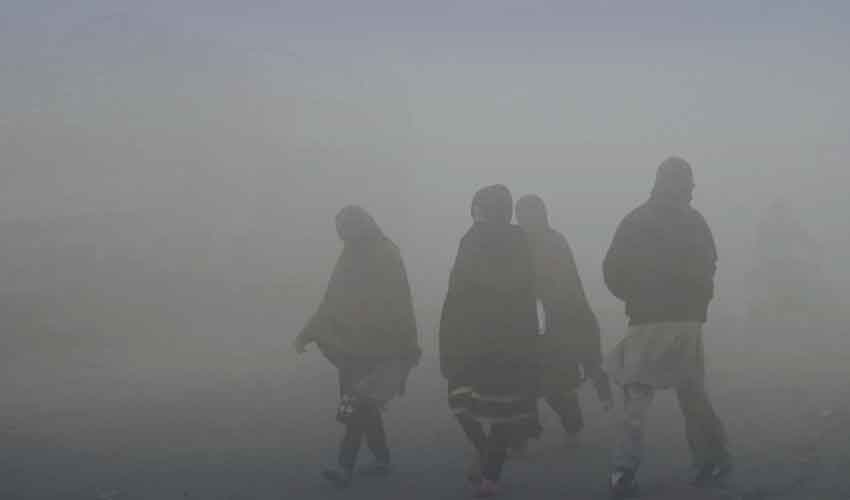Labour abuse is a pressing issue in Pakistan, where many workers toil tirelessly for meagre wages, often without basic benefits such as health insurance or pensions.
These hardworking individuals contribute significantly to the economy, yet their labour is undervalued and exploited. It is essential to address this systemic injustice and advocate for the rights and welfare of these vulnerable workers.
In Pakistan, labourers endure grueling work conditions and long hours for minimal pay. Despite their tireless efforts, they often struggle to make ends meet and live in poverty. This disparity is exacerbated by the stark contrast between the wages of labourers and those in higher positions. While officers may earn substantial amounts in just a few hours, labourers are paid significantly less, sometimes even below the minimum wage, for an entire month of hard work.
Moreover, labourers face numerous challenges beyond low wages. Many lack access to essential benefits such as health insurance and pensions, leaving them vulnerable to financial insecurity and hardship, especially in times of illness or old age. This lack of social protection further exacerbates the cycle of poverty and perpetuates the exploitation of labourers by unscrupulous employers.
The living conditions of many labourers in Pakistan are deplorable, with some resorting to sleeping on highways, roads, or in cheap hotels due to their inability to afford better accommodations. This highlights the dire circumstances faced by these individuals and the urgent need for action to improve their living standards and ensure their basic human rights are upheld.
According to Pakistani labour laws, each worker is entitled to a minimum wage of Rs 32,000, along with health coverage and pensions provided by their employers. However, in reality, many employers flout these regulations, denying workers their rightful wages and benefits. This exploitation is often driven by greed and a lack of accountability, with employers prioritizing profits over the well-being of their employees.
The government has a crucial role to play in addressing labour abuse and protecting the rights of workers. It must enforce existing labour laws and regulations to ensure that employers comply with minimum wage requirements and provide essential benefits to their employees. Additionally, the government should implement measures to hold employers accountable for labor violations and provide support and assistance to affected workers.
Furthermore, efforts should be made to raise awareness about labour rights and empower workers to assert their rights and demand fair treatment. This may involve providing education and training on labour rights and organizing campaigns to mobilize support for labour rights advocacy.
Civil society organizations and labour unions also play a vital role in advocating for the rights of workers and holding employers and the government accountable for labour abuse. These organizations can provide support and assistance to workers facing exploitation and work towards systemic changes to improve labour conditions and ensure justice for all workers.
In conclusion, labour abuse in Pakistan is a pervasive and systemic issue that must be addressed urgently. Workers deserve fair wages, access to essential benefits, and decent working conditions. The government, employers, civil society organizations, and labor unions must work together to protect the rights and welfare of workers and create a more just and equitable society for all.



























